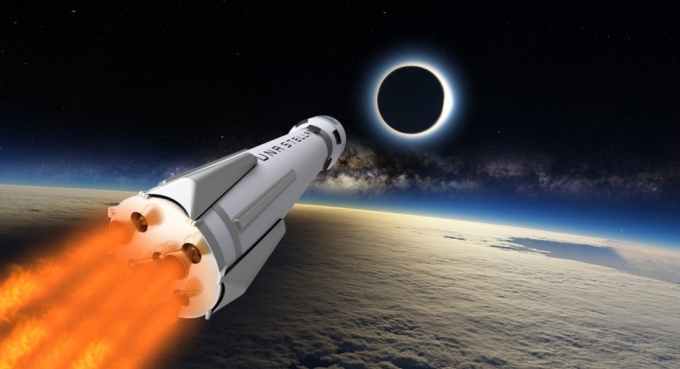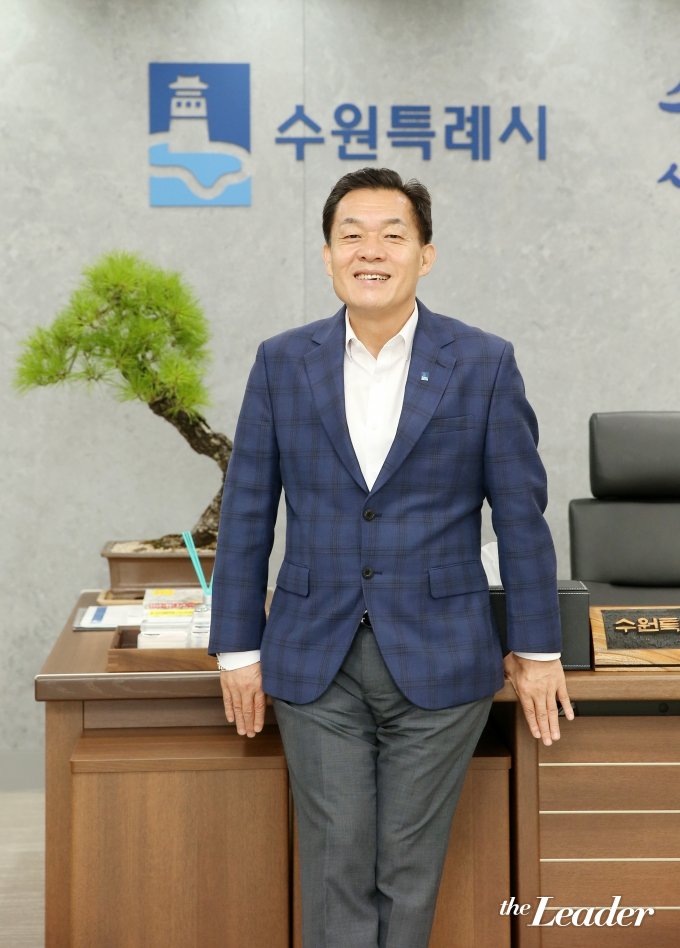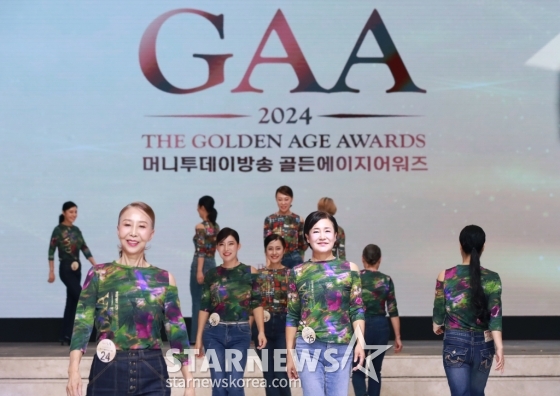 |
| /Imagetoday.co.kr |
Samsung launched ‘Samsung Future Technology Promotion Project’ as a social contribution project in 2013. Samsung aimed to nurture future scientific and technological field with an investment of 1.5 trillion won in total for 10 years. For the project, Samsung also established Samsung Future Technology Development Foundation and Samsung Electronics' Future Technology Development Center (Material Technology, ICT Creative Tasks).
The global giant firm has spent 718.2 billion won to finance 560 research projects, including 187 in basic science, 182 in material technology and 191 in ICT creative tasks.
 |
| Professors who will participate in Samsung Future Technology Promotion Project 2019. (Lee Heung kyu of KAIST, Gong Soo hyeon of Korea Univ., Jung Kyeong woon of KIMS, Lee Joon hee of UNIST, KIm Dong hoon of KIST , Jeong Eun ju of Hanyang Univ., Jeong Kyo min of Seoul National Univ. /Samsung Electronics |
"Half of the tasks announced today will be carried out by young researchers between the ages of 30~40s, and they will build strong foundation for South Korea's future growth and science&technology," said Eum Doo chan, head of Samsung Electronics' Future Technology Development Center.
In the ICT creative task field, 9 proejcts were selected, including brain signal interpretation and deep learning. Professor Jeong Eun ju of Hanyang University studies how to sense and analyze signals from the brain when people imagine musical sounds, then reconstruct them with music. The study is expected to be useful for emotional stability and social rehabilitation of people whose experience in artistic activities was limited due to physical disabilities.
Professor Jeong Kyo-min of Seoul National University will study the development of artificial intelligence technology that allows deductive reasoning. He will also start developing AI technologies that can respond like humans in situations where it has not learned such as self-driving and natural language processing.
In the field of basic science, 7 tasks in life sciences, physics and mathematics were chosen. Lee Heung kyu, professor of KAIST, studies new immune cells that are expected to recognize brain tumor cells and control immune responses. The project will ultimately seek out new brain tumor treatments.
Professor Kong Soo hyeon of Korea University plans to conduct a research to establish the world's first theory of a new physical phenomenon, which emerges when light is trapped in a nanometer(thickness of one hundred millionth of a meter) two-dimensional semiconductor.
In the fields of material technology, 10 projects will be supported which inclueds semiconductor materials, material analysis, and cancer diagnosis. Dr. Jeong Kyeong woon of KIMS conducts research on organic materials that change color according to the metastatic characteristics of cancer cells. It is expected that the time and accuracy required for predicting and diagnosing the potential transfer of cancer cells can be dramatically improved.
UNIST professor Lee Joon hee studies next-generation technologies that can be applied to neural network computers. Dr. Kim Dong hoon of KIST will study methodologies that predict when metal or composite materials used in machinery and equipment will be destroyed and how long they will remain. It is expected that the time of destruction of large structures such as high-rise buildings, aircrafts, ships and railroads will be predicted in advance, minimizing material and human damage.
Samsung Electronics encourages new applicants to submit research task proposals for the first half of 2020 project till Dec. 13. Basic science fields can be sumitted through Samsung Future Technology Development Foundation(www.samsungstf.or.kr), Material Technology and ICT Creative Tasks(www.samsungftf.com) website.
*The original version of this article has been published on Oct. 7, 2019.
원본보기 ☞삼성전자, 암치료·딥러닝 등 연구과제 26건 선정…330억 지원












![1000도 화산재 기둥 '펑'…"지옥 같았다" 단풍놀이 갔다 주검으로[뉴스속오늘]](https://thumb.mt.co.kr/11/2024/09/2024092617492389735_1.jpg/dims/resize/100x/optimize/)
![[단독]유승준 '또' 한국행 거부 당했다…"대법서 두차례나 승소했는데"](https://thumb.mt.co.kr/11/2024/09/2024092711022954320_1.jpg/dims/resize/100x/optimize/)












![항문으로 들어온 이물질에 구멍이?…무서운 '장 천공'[한 장으로 보는 건강]](https://thumb.mt.co.kr/11/2024/09/2024092801060452352_1.jpg/dims/resize/100x/optimize/)












![1000도 화산재 기둥 '펑'…"지옥 같았다" 단풍놀이 갔다 주검으로[뉴스속오늘]](https://thumb.mt.co.kr/10/2024/09/2024092617492389735_1.jpg/dims/resize/100x/optimize)



![[단독]유승준 '또' 한국행 거부 당했다…"대법서 두차례나 승소했는데"](https://thumb.mt.co.kr/10/2024/09/2024092711022954320_1.jpg/dims/resize/100x/optimize)











![영하 13도, 길냥이 죽음 막을…'얼지 않는 물그릇'[남기자의 체헐리즘]](https://thumb.mt.co.kr/10/2024/01/2024012701364573421_1.jpg/dims/resize/100x/optimize)










![변우석♥김혜윤→정해인♥정소민, 열애설까지 부른 과몰입史 [스타이슈]](https://thumb.mtstarnews.com/05/2024/09/2024092617321159447_1.jpg)





![늘어나는 '불안 세대', 미국 총기 사고 그치지 않는 이유[PADO 편집장의 '미국 대 미국']](https://i2.ytimg.com/vi/qIhpjdQrX4E/hqdefault.jpg)
![이재명, '벌금 100만원 이상' 대선 못 나간다면...대안은 김동연, 김부겸, 박용진? [터치다운the300]](https://i4.ytimg.com/vi/kmOMvmTDxoo/hqdefault.jpg)

![중 상륙군 vs 대만 화력, 미 항모 vs 중 미사일, 미중 해전과 대만 전쟁, 결과는? [PADO 통합본]](https://i1.ytimg.com/vi/lEr72j77ZzU/hqdefault.jpg)




!["한동훈 대권, 기대감 깎였다" vs "오세훈, 대권후보 되기 어려워" [터치다운the300]](https://i3.ytimg.com/vi/6Z2dBt9IFyQ/hqdefault.jpg)
![폼페이오 '한국 핵무장은 합리적', 1년 내 가능? [PADO 편집장의 '미국 대 미국']](https://i4.ytimg.com/vi/wvchef2TQTk/hqdefault.jpg)

![미리보는 2027년 대선 토론?...'계엄괴담'만 남긴 한동훈 이재명 회담, 실익은 누가 챙겼나 [터치다운the300]](https://i2.ytimg.com/vi/YRsKqtYrJb4/hqdefault.jpg)




![미국은 서울 지키기 위해 LA 포기할 수 있을까 [PADO 편집장의 '미국 대 미국']](https://i3.ytimg.com/vi/Ns3p-Y71aq4/hqdefault.jpg)

![푸틴의 허를 찌른 젤렌스키의 야심찬 대역습, 그러나..."우크라, 서방 지원 끊기면 한 달도 못버텨" [터치다운the300]](https://i4.ytimg.com/vi/_t2xAxdgJrE/hqdefault.jpg)
![한국엔 '전략 무기'가 없다. 전쟁 종결시킬 절대 무기는? [PADO 편집장의 '미국 대 미국']](https://i2.ytimg.com/vi/AFS2AKOChvU/hqdefault.jpg)